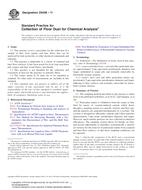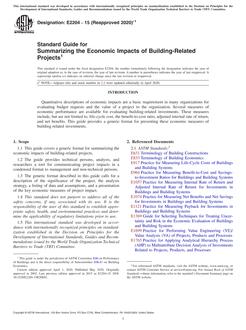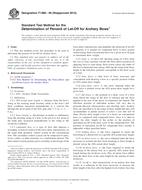1.1 This practice covers procedures for conducting laboratory bench-scale friction tests of materials, coatings, and surface treatments intended for use in piston rings and cylinder liners in diesel or spark-ignition engines. The goal of this procedure is to provide a means for preliminary, cost-effective screening or evaluation of candidate ring and liner materials. A reciprocating sliding arrangement is used to simulate the contact that occurs between a piston ring and its mating liner near the top-dead-center position in the cylinder where liquid lubrication is least effective, and most wear is known to occur. Special attention is paid to specimen alignment, running-in, and lubricant condition.
1.2 This practice does not purport to simulate all aspects of a fired engine's operating environment, but is intended to serve as a means for preliminary screening for assessing the frictional characteristics of candidate piston ring and liner material combinations in the presence of fluids that behave as use-conditioned engine oils. Therefore, it is beyond the scope of this practice to describe how one might establish correlations between the described test results and the frictional characteristics of rings and cylinder bore materials for specific engine designs or operating conditions.
1.3 The values stated in SI units are to be regarded as standard. No other units of measurement are included in this standard.
1.4 This standard does not purport to address all of the safety concerns, if any, associated with its use. It is the responsibility of the user of this standard to establish appropriate safety and health practices and determine the applicability of regulatory limitations prior to use.
Product Details
- Published:
- 10/01/2009
- Number of Pages:
- 9
- File Size:
- 1 file , 160 KB


